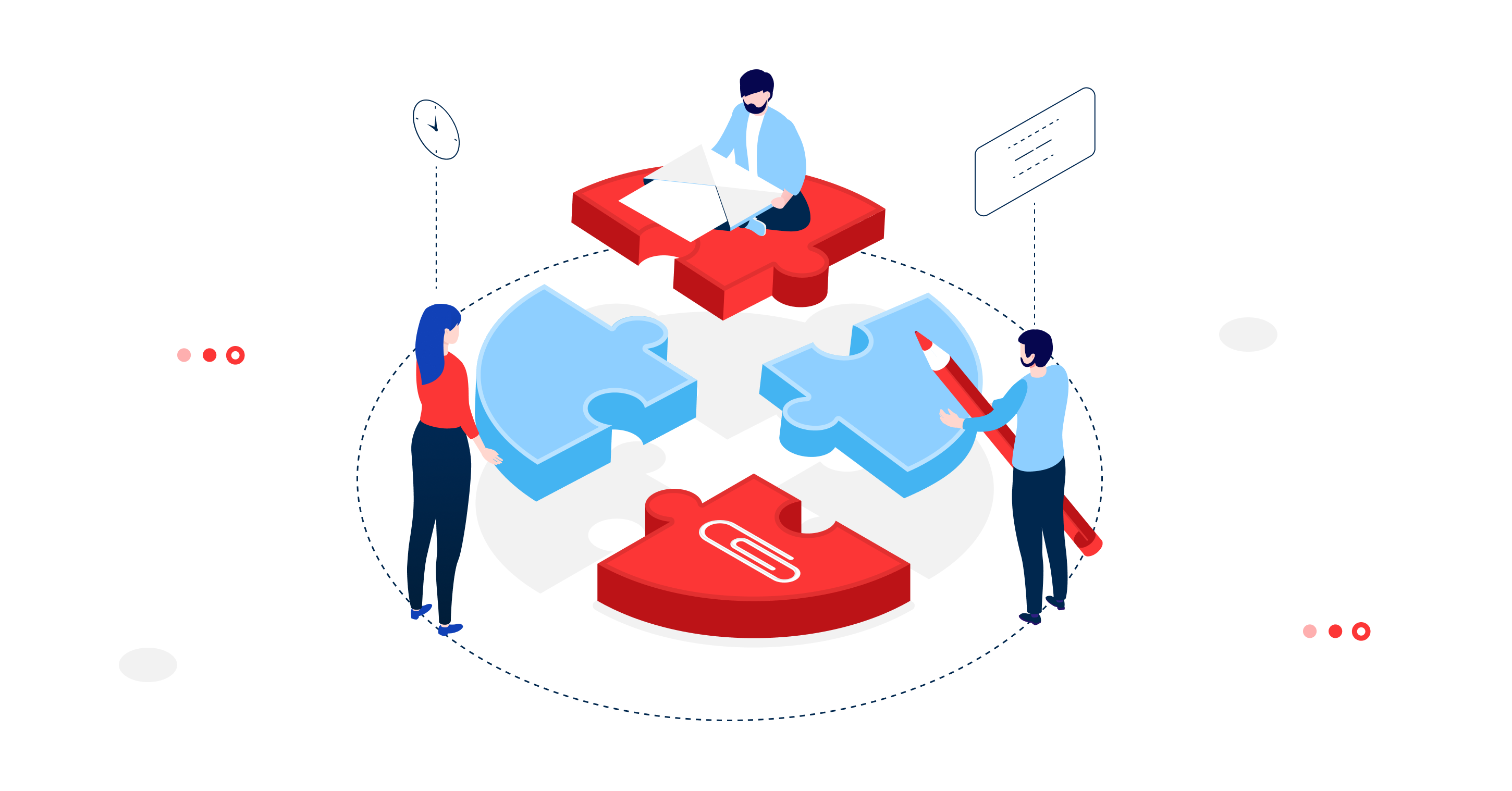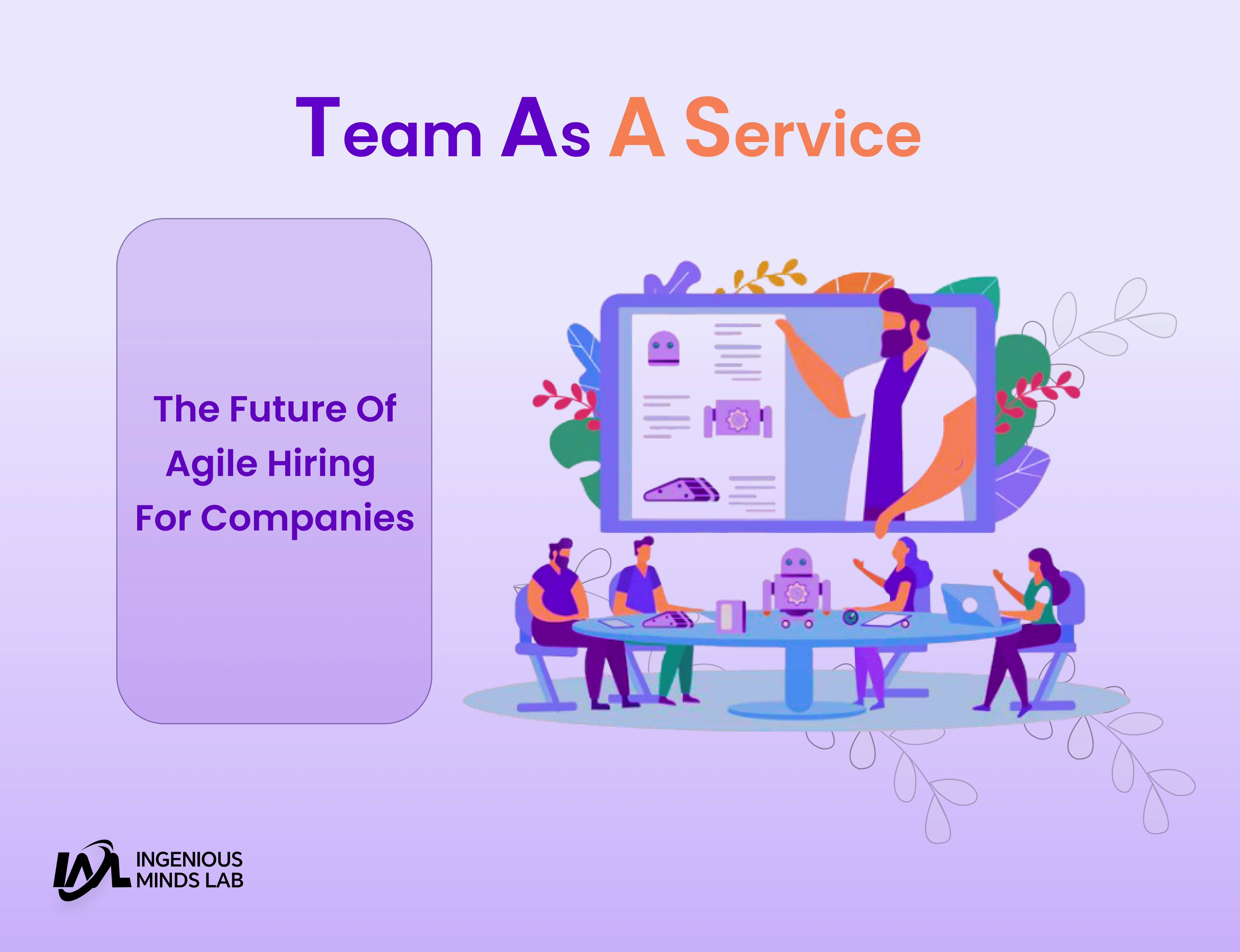In today’s fast-paced business environment, organizations are constantly looking for innovative ways to stay competitive. One model that has gained significant traction is Team as a Service. This hiring approach is revolutionizing how companies scale their operations, improve flexibility, and achieve specialized project outcomes.
What is Team as a Service (TaaS)?
Team as a Service is a hiring model where companies outsource specific teams of skilled professionals to work on dedicated projects. Unlike traditional outsourcing or staffing, TaaS involves a pre-assembled group of experts who collaborate seamlessly to meet the client’s objectives. These teams often operate remotely, ensuring minimal overhead and maximum efficiency.
This model eliminates many of the traditional challenges associated with hiring, such as long recruitment timelines and high overhead costs. For businesses that operate in dynamic industries, the ability to quickly onboard a complete, skilled team is a game-changer.

Why Companies Are Adopting the TaaS Model
The appeal of Team as a Service lies in its ability to address the evolving needs of modern businesses. Here are key reasons why companies are making the switch:
1. Scalability and Flexibility
The TaaS model allows organizations to quickly scale their workforce up or down based on project requirements. This agility is especially valuable for startups and enterprises navigating fluctuating demands. For instance, a tech startup launching a new product can leverage TaaS to bring in a development team for the project’s duration and scale down after completion.
2. Access to Specialized Talent
With Team as a Service, companies can tap into a global talent pool of highly skilled professionals. This ensures they have the right expertise for specific projects without the lengthy recruitment process. Industries like software development, digital marketing, and healthcare benefit greatly from the specialized skills offered by TaaS providers.
3. Cost Efficiency
Traditional hiring involves expenses like training, benefits, and infrastructure. The TaaS model eliminates these costs, providing businesses with high-performing teams at a fraction of the price. Additionally, organizations can avoid the costs of maintaining idle resources during low-demand periods.
4. Focus on Core Competencies
By delegating specialized tasks to a Team as a Service, organizations can focus their in-house resources on strategic initiatives, improving overall productivity. For example, a company can outsource app development to a TaaS team while its internal staff focuses on marketing and customer acquisition.
Industries Benefiting from Team as a Service
While Team as a Service is versatile, certain industries are particularly well-suited for this model:
- Technology: Software development, cybersecurity, and IT management are among the most common uses of TaaS. Companies can leverage specialized teams to build products, manage systems, and enhance digital security.
- Marketing: Content creation, SEO, and campaign management are critical for brands looking to stay competitive. TaaS teams in marketing provide expertise in analytics, creative direction, and execution.
- Healthcare: Telemedicine solutions, data analysis, and medical software development are increasingly relying on TaaS for specialized needs.
- Finance: Risk assessment, financial modeling, and compliance tasks are well-suited to TaaS teams, as they often require niche expertise and precision.
Challenges in Implementing the TaaS Model
Despite its advantages, adopting Team as a Service isn’t without challenges. Businesses must ensure effective communication and collaboration, especially when teams operate remotely. Time zone differences, cultural nuances, and varying work styles can create barriers that need proactive management.
Additionally, there’s the challenge of selecting the right TaaS provider. Companies need to conduct due diligence to evaluate a provider’s expertise, past projects, and alignment with their goals. Without proper vetting, businesses may face issues such as unmet deadlines or subpar quality.
How to Choose the Right TaaS Partner
When adopting the Team as a Service model, it’s crucial to select the right provider. Consider these factors:
- Expertise: Evaluate the team’s experience in your industry or project type. Look for case studies, reviews, and technical certifications.
- Communication: Ensure seamless collaboration through transparent communication channels. Regular updates and an agreed-upon workflow are essential.
- Cultural Fit: Choose a team that aligns with your organization’s values and goals. This fosters better understanding and smoother integration.
- Flexibility: Opt for a provider that can adapt to your evolving requirements. Businesses often need to pivot based on market conditions, and a flexible TaaS team can accommodate these changes.
Best Practices for Successful TaaS Integration
To maximize the benefits of Team as a Service, companies should adopt best practices for integration:
- Set Clear Objectives: Define project goals, timelines, and deliverables upfront to ensure alignment with the TaaS team.
- Leverage Collaboration Tools: Utilize platforms like Slack, Trello, or Asana for effective communication and task management.
- Monitor Performance: Regularly assess the team’s progress against key performance indicators (KPIs).
- Foster a Collaborative Culture: Encourage open communication and feedback to build a strong working relationship with the TaaS team.
The Future of Hiring: Why TaaS is Here to Stay
As businesses continue to prioritize agility and efficiency, Team as a Service is set to become a cornerstone of modern hiring strategies. It offers a win-win solution by providing companies with access to world-class talent while enabling teams to work on exciting, meaningful projects.
The rise of remote work and digital collaboration tools has further cemented the viability of TaaS. Companies no longer need to be constrained by geographical boundaries, allowing them to access a truly global talent pool.
Conclusion
Embracing Team as a Service is not just a trend—it’s a strategic move that ensures long-term growth and success in an ever-changing marketplace. By leveraging TaaS, organizations can focus on their core competencies, reduce costs, and deliver exceptional results.
As the business world continues to evolve, Team as a Service represents the future of agile and efficient hiring, enabling companies to stay ahead of the curve and achieve their goals with confidence.

